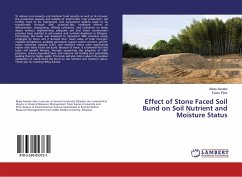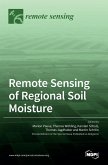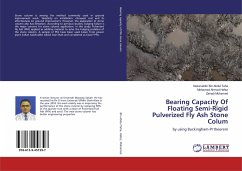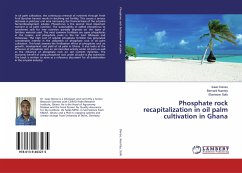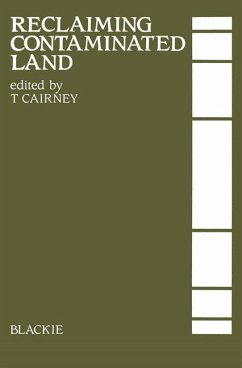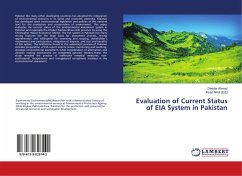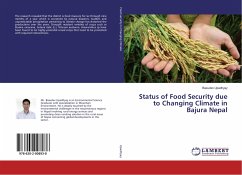To reduce rural poverty and maintain food security as well as to increase the productive capacity and stability of small holder crop production; soil fertility need to be maintained, and agricultural systems need to be transformed through SWC practices. But, combined effects of deforestation, overgrazing, shifting cultivation, and cultivation on steep slopes without implementing adequate soil and water conservation practices have resulted in soil erosion and nutrient depletion in Ethiopia. Particularly, this book was designed to document SWC practices being employed by farms and it showed that, mean value of total nitrogen, available phosphorus, available potassium, organic carbon content, soil pH, cation exchange capacity (CEC), and moisture status were significantly higher with stone faced soil bund. Because of these, it is believed that this book will benefit farmers, through supporting the adoption of SWC practices, restore degraded land, and improve soil fertility and potentially leading them to higher yields. This book will also inform about the positive implication of stone-faced soil bund on soil nutrient and moisture status. Thank you for reading! Belay Asnake
Bitte wählen Sie Ihr Anliegen aus.
Rechnungen
Retourenschein anfordern
Bestellstatus
Storno

